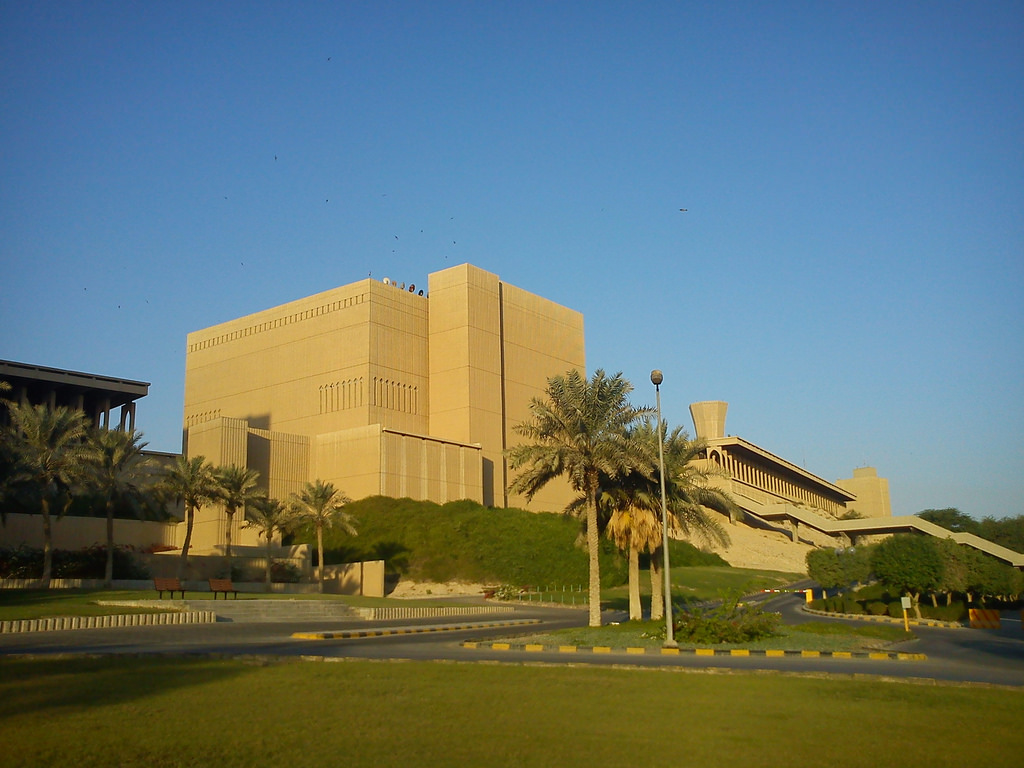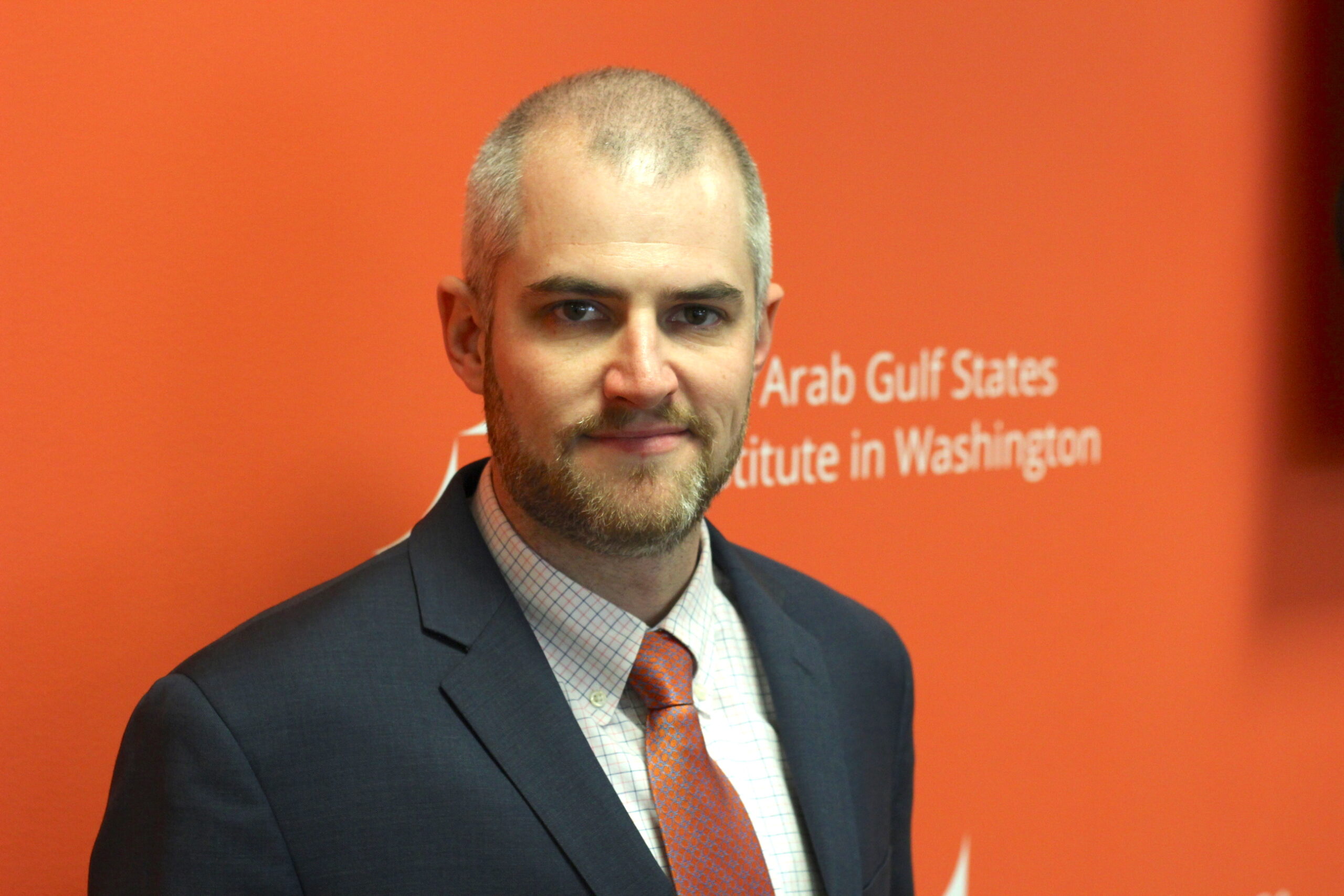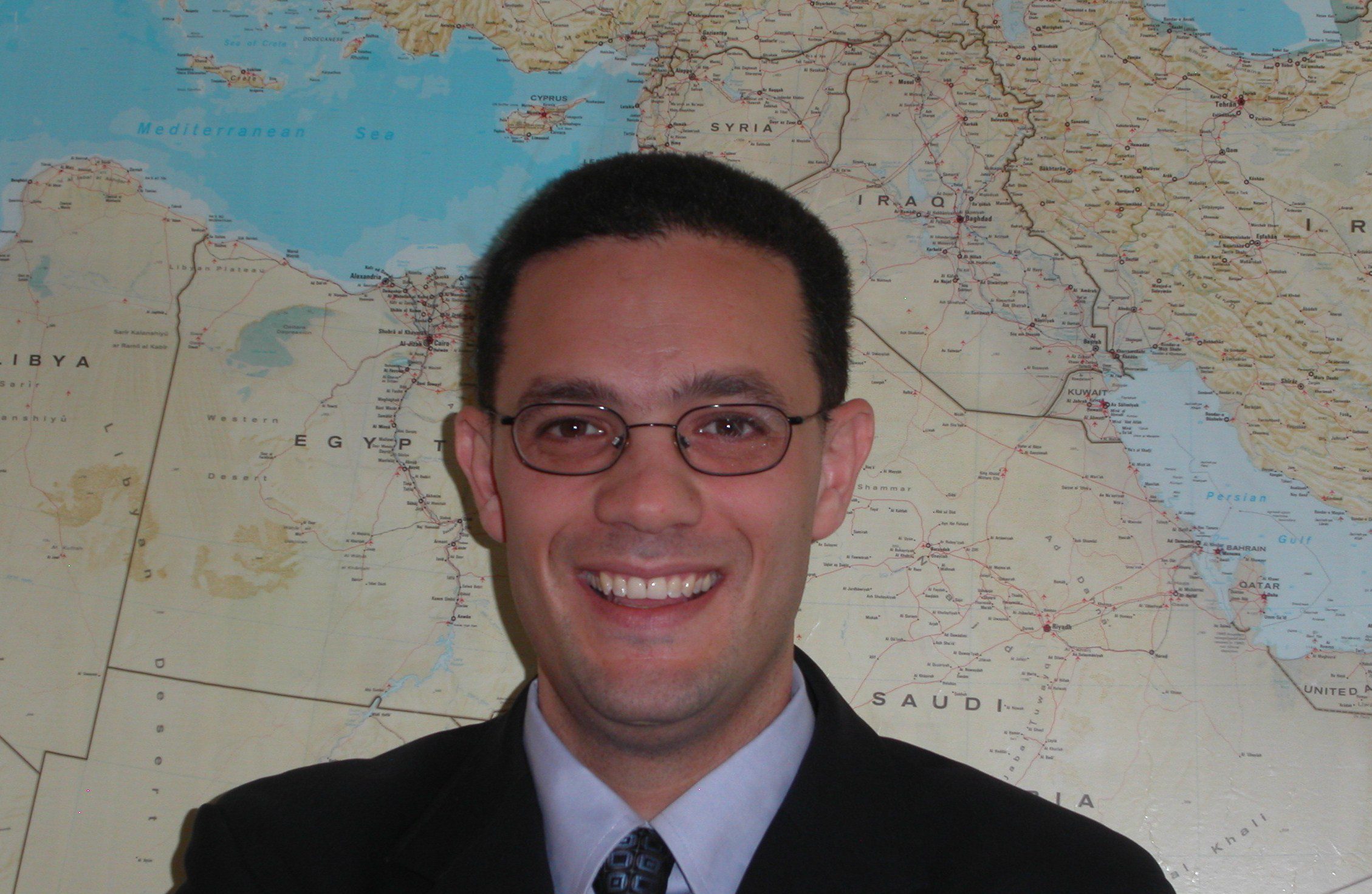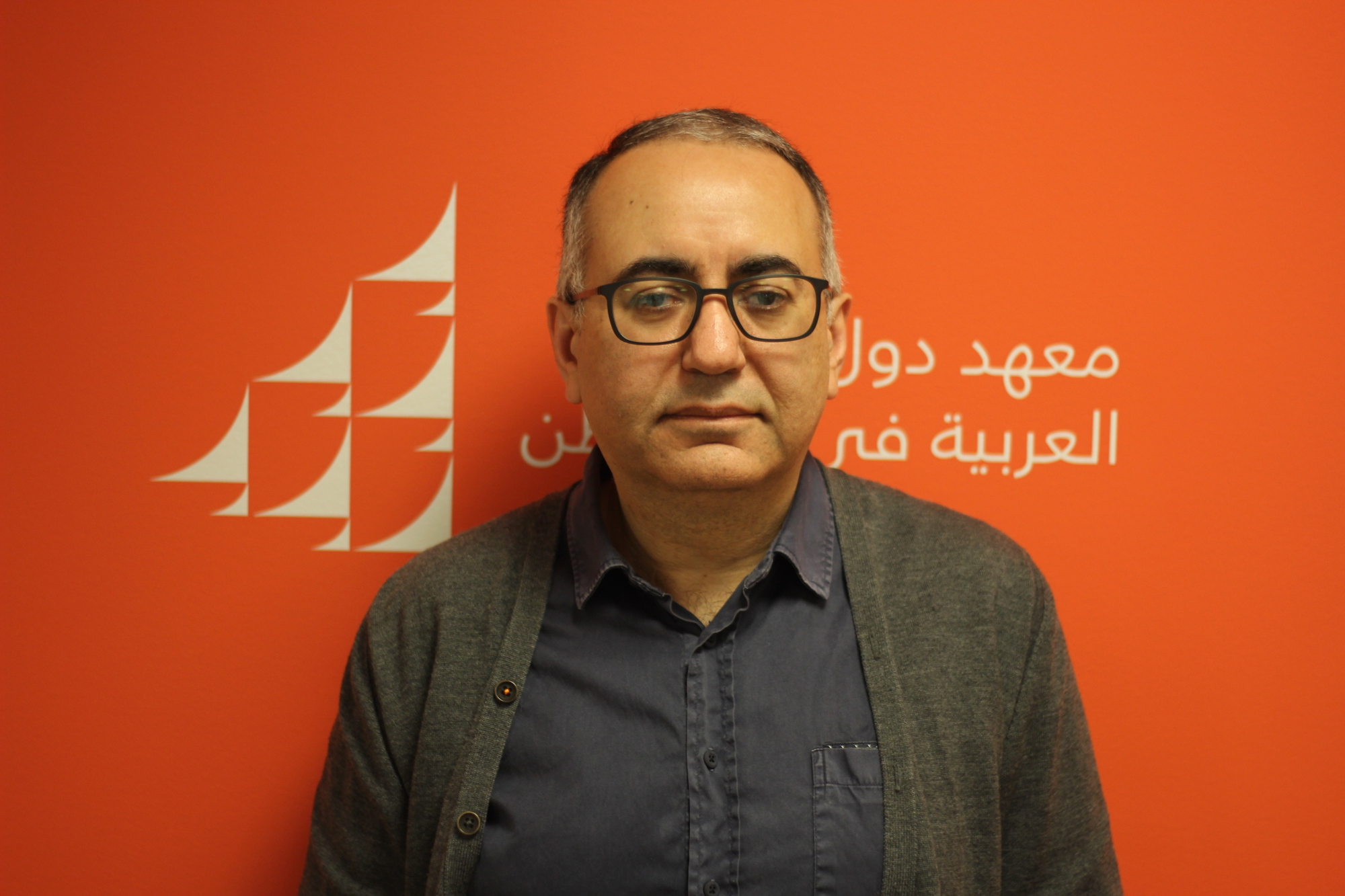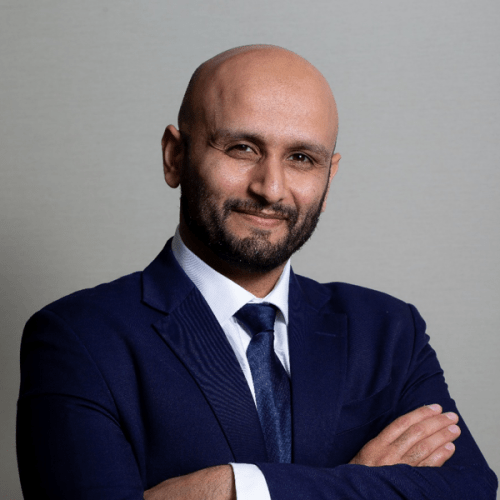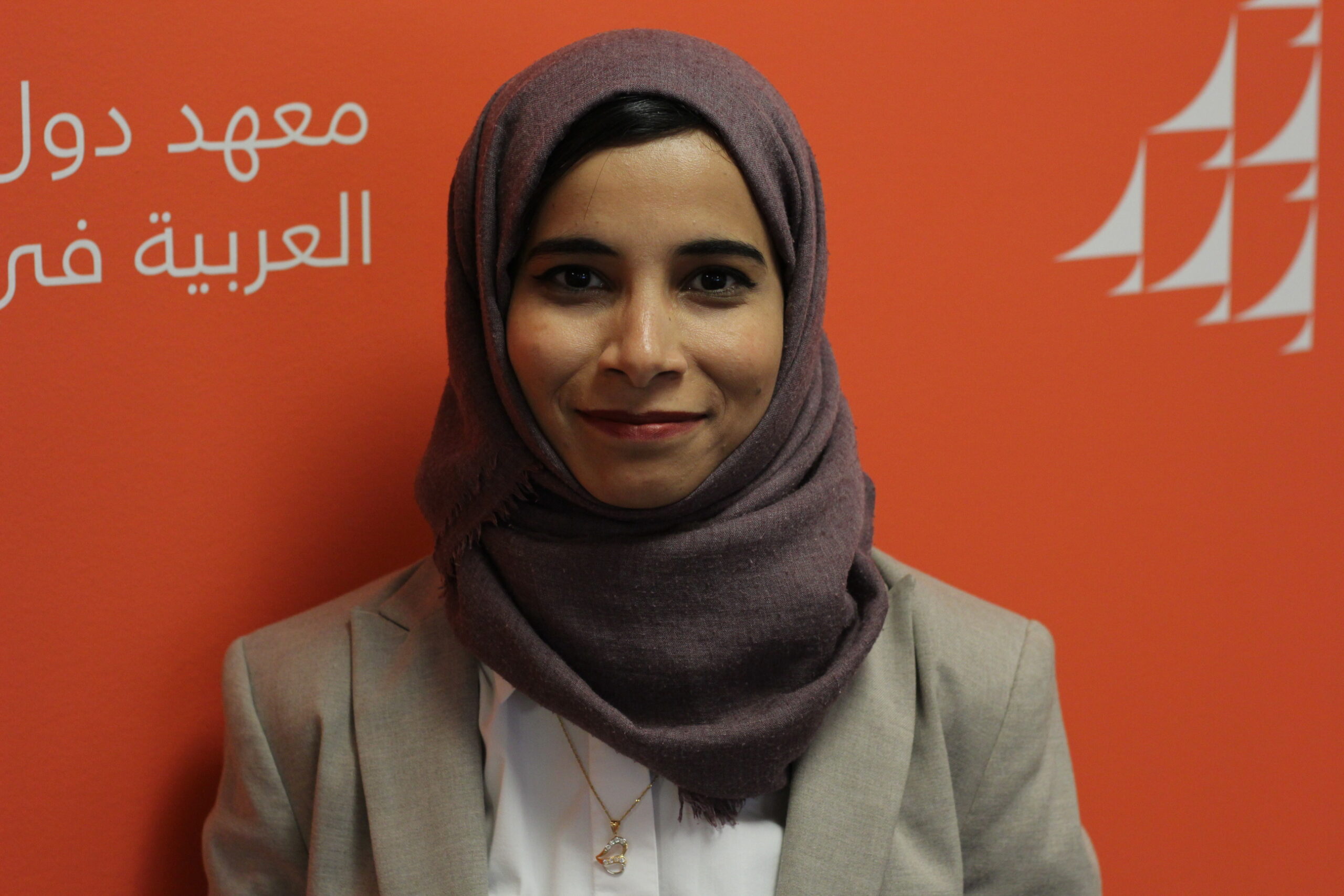Vision 2030: Saudi Arabia Beyond Oil
On April 25, 2016, the Saudi government presented Vision 2030, a sweeping plan for moving the kingdom beyond oil dependence. This plan includes: the privatization of a portion of the Saudi national oil company Aramco; the expansion of the resources and role of the Saudi Public Investment Fund; and the development of the country’s ports, cultural resources, and tourist sites to take advantage of its strategic position at the center of the Arab and Islamic world. In this series, scholars and a cross section of Saudi opinion leaders examine the implications of the reform plan.
Saudi Fund of Funds Bets $1.07 Billion on Small, Local Firms
Saudi Arabia’s new $1.07 billion fund, Jada, aims to redirect investments toward small and medium-sized enterprises in the country’s domestic market.
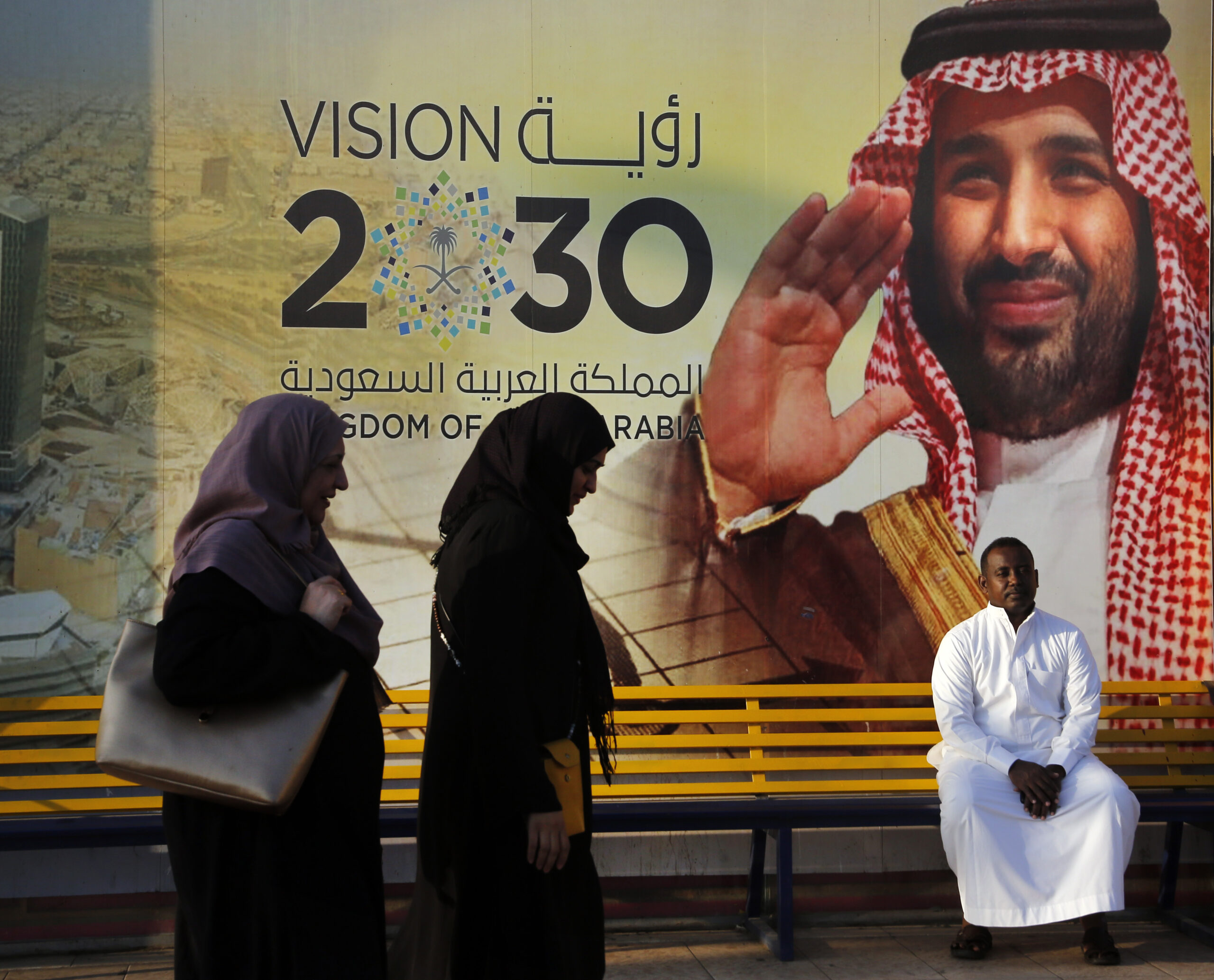
A New Year in Saudi Mining
The Saudi mining industry starts 2020 with a slimmer regulatory agency, new management, and prospects that appear more favorable than many other Vision 2030 programs.
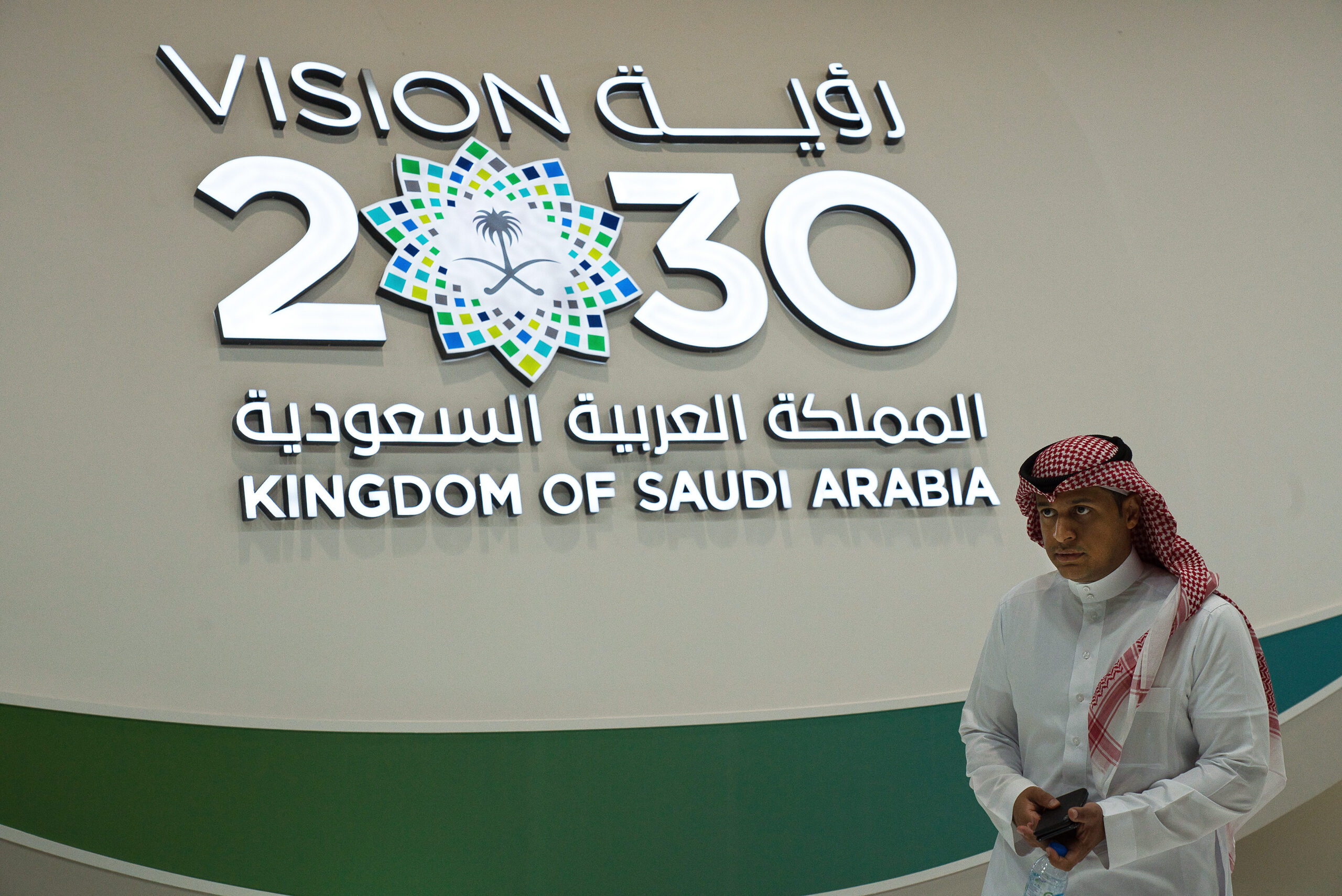
Storytelling in Today’s Saudi Arabia
The drama series “Al-Asouf” vividly captures the trend of telling Saudi stories with Saudi actors and its power in shaping the public’s perceptions and aspirations.
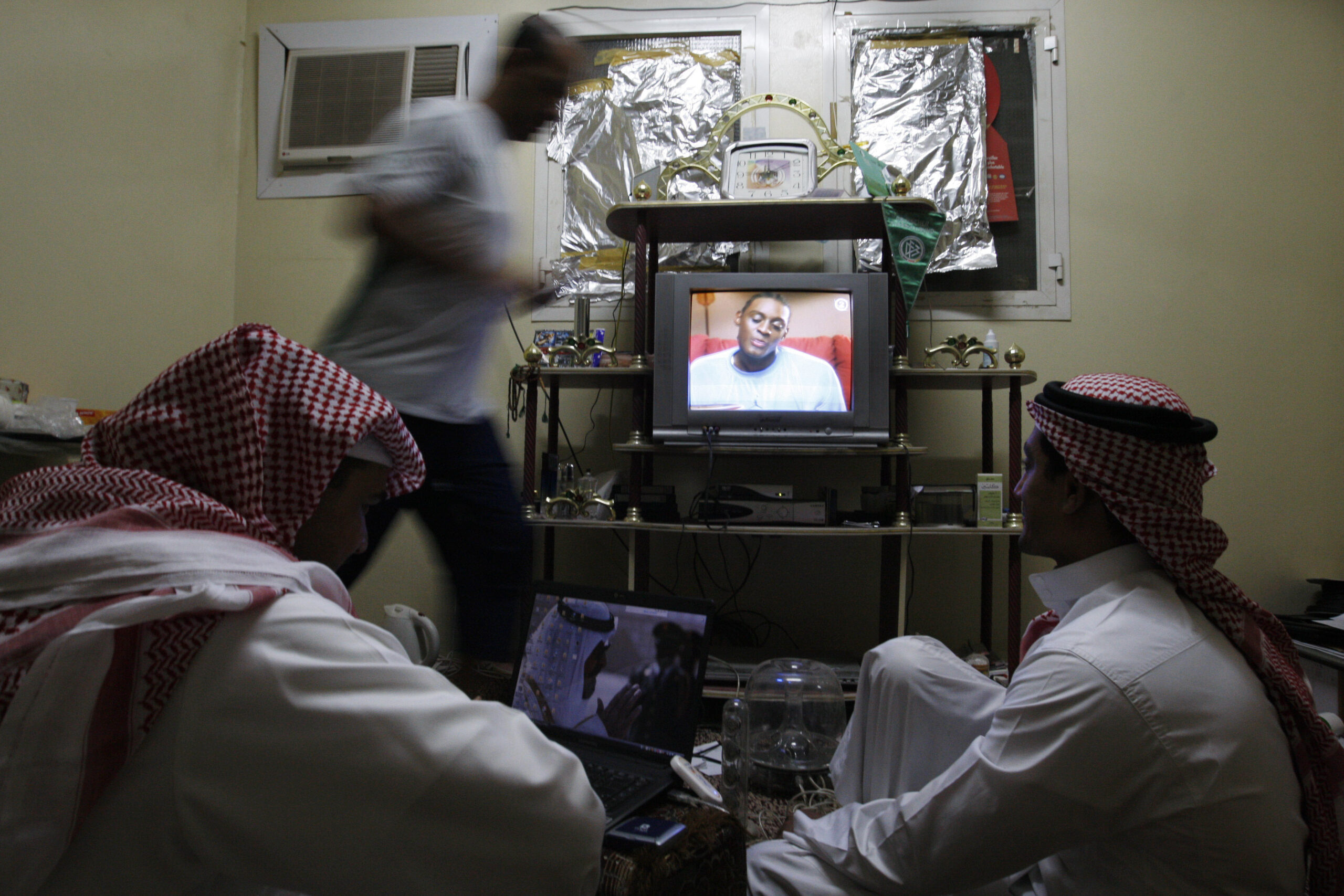
Ramadan Messaging and the Winds of Change
The Ramadan series "Al-Asouf" folds seamlessly into the current mainstream Saudi media narrative, as the country focuses on developing its homegrown industries and nationalist rhetoric.
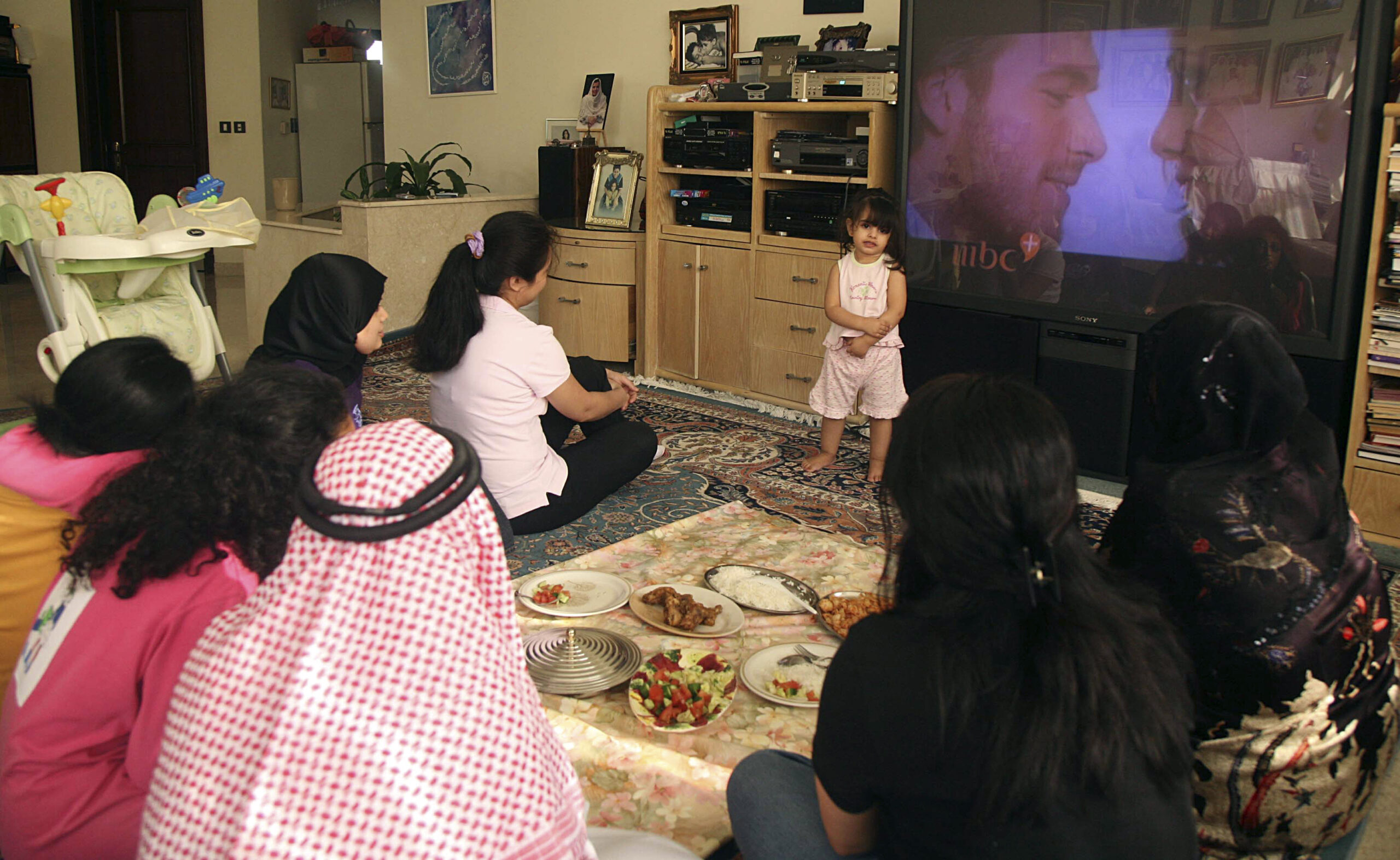
Saudi Arabia Takes Steps to Assure Foreign Investors
The economic components of Saudi Arabia’s ambitious transformation, in which local and foreign investments play a pivotal role, ultimately hinge on the government’s ability to improve the transparency of commercial processes.
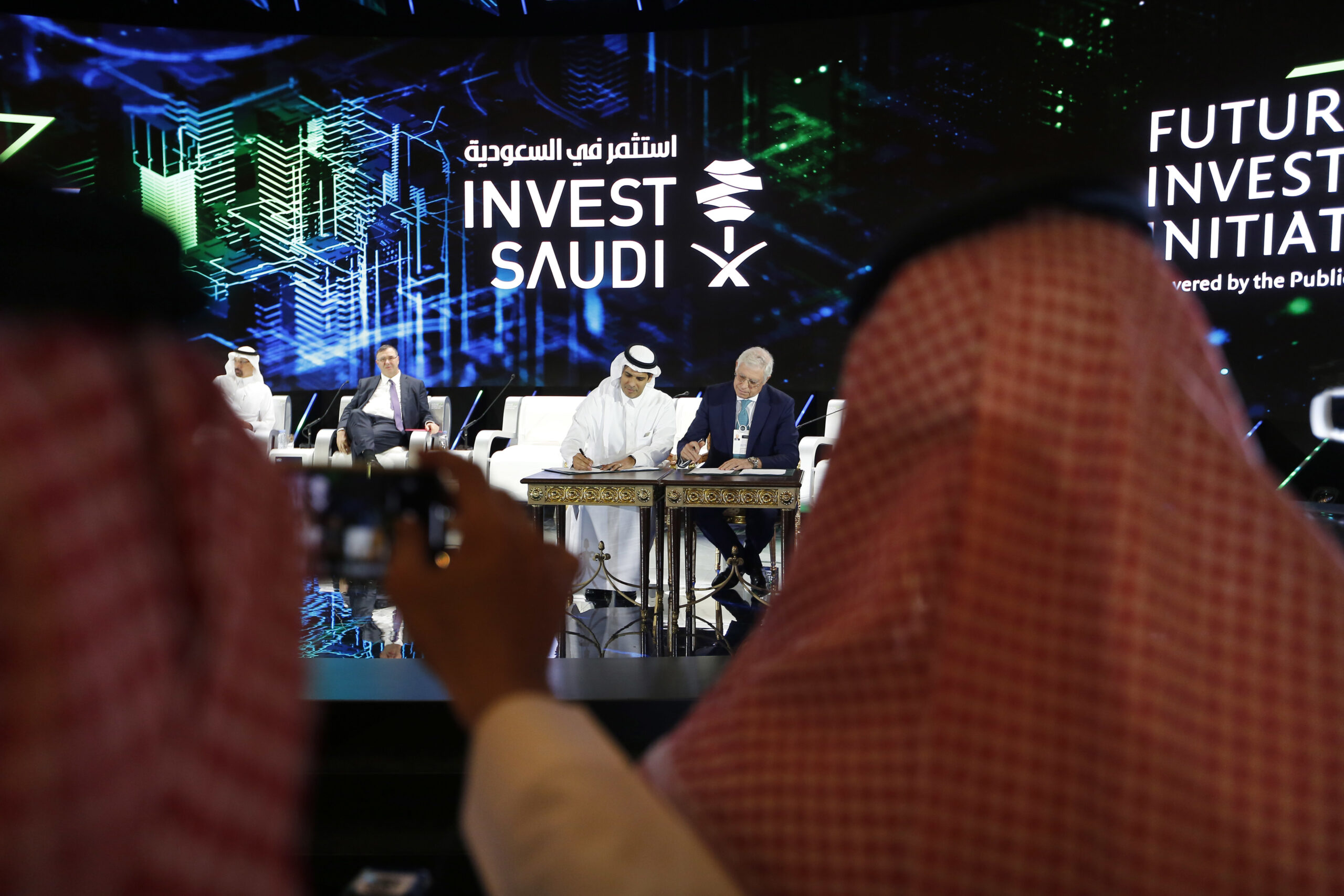
Transforming Riyadh: A New Urban Paradigm?
Through a series of megaprojects aimed at beautifying the city, Riyadh has the potential to offer a unique model of urbanity that can be a counterpoint to the more speculative trends pervasive in the region.
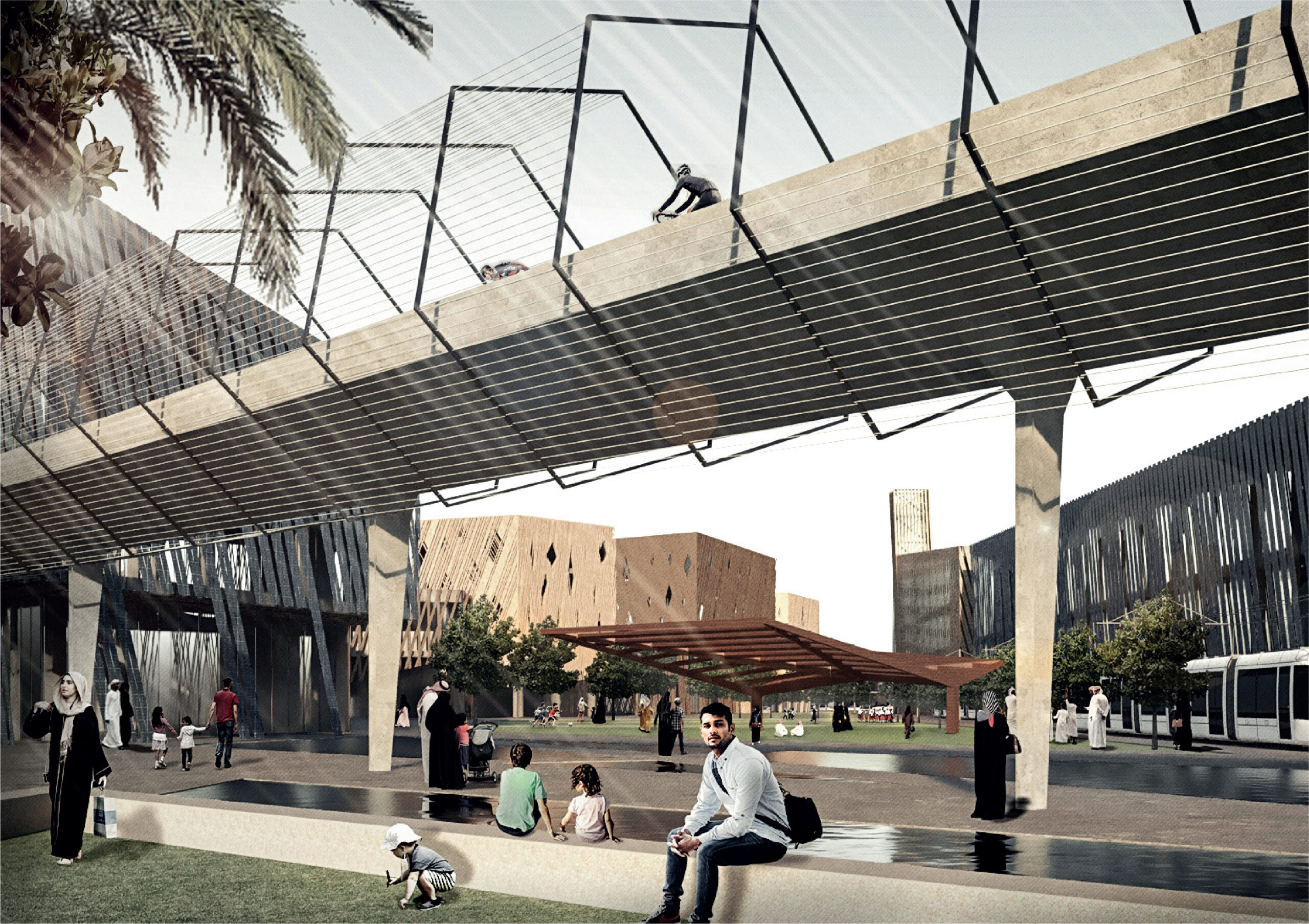
Civil Nuclear Energy in the Middle East: Demand, Parity, and Risk
Highlighting the United Arab Emirates, Saudi Arabia, and Egypt, this paper studies the security policy implications of civil nuclear programs and assesses the prospects for indigenous nuclear industries and relationships with international suppliers.
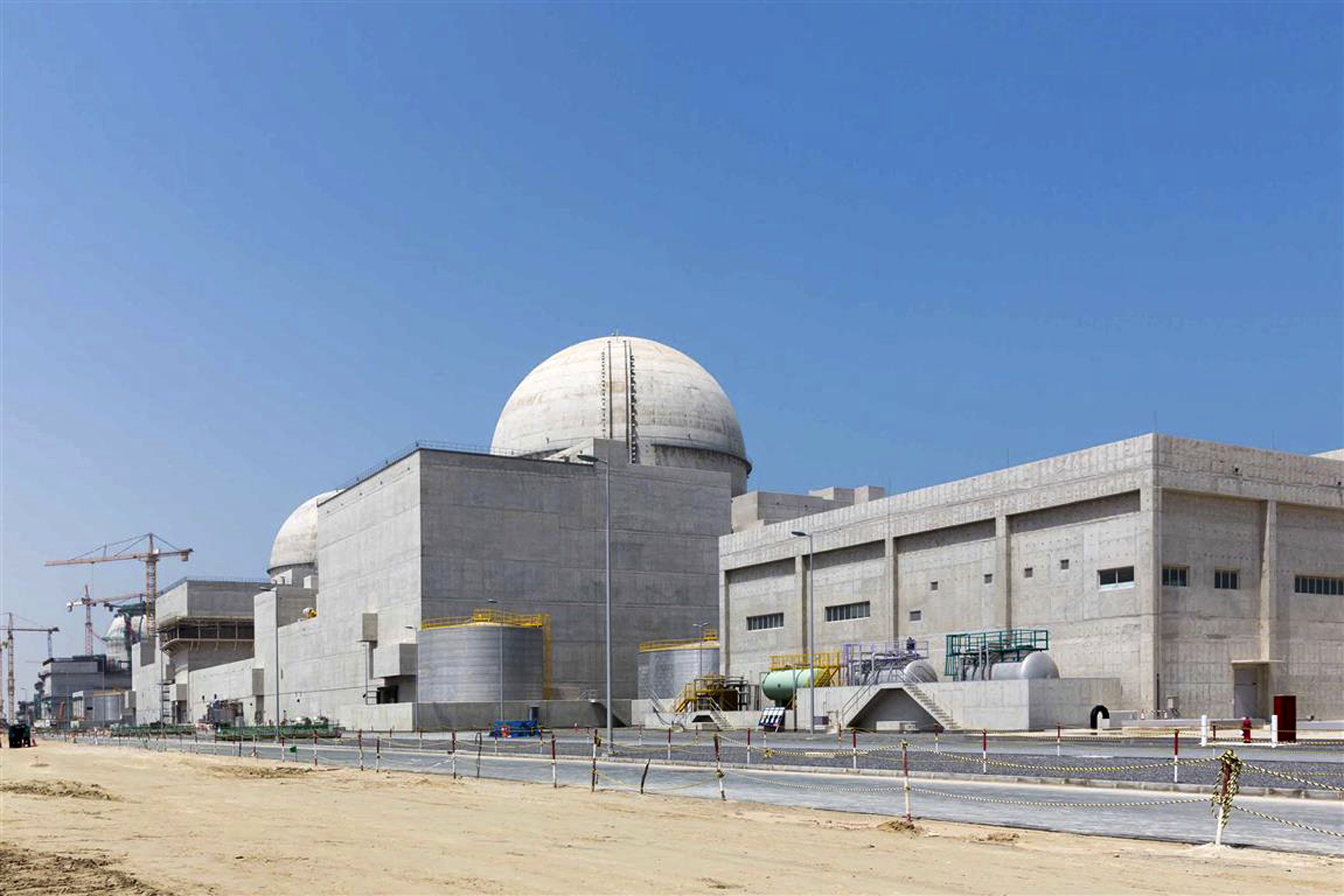
Aramco’s Pickup of SABIC Suggests Diversification is Losing Steam
The “back-to-basics” economic strategy now underway in the region represents a partial retreat, or at least a refocusing, from the ambitious diversification goals of past years.
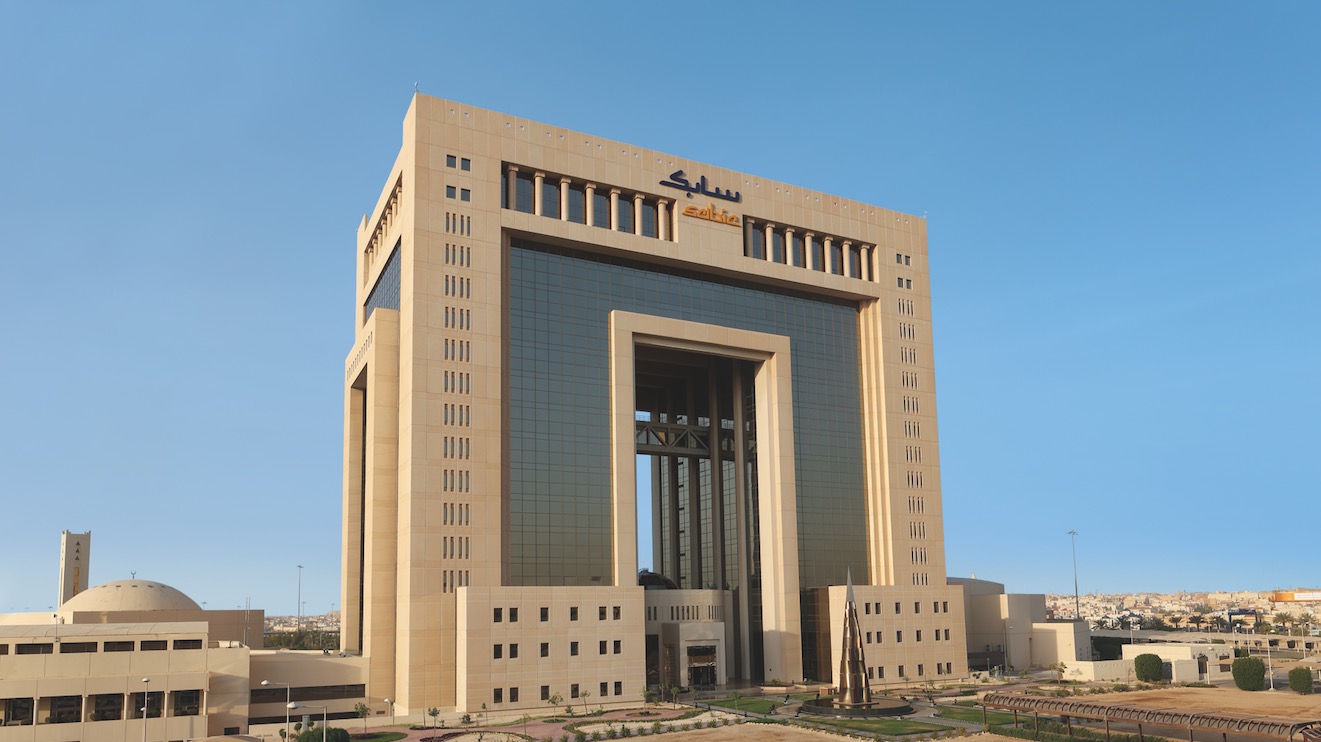
Climate Change and Economic Diversification in Saudi Arabia: Integrity, Challenges, and Opportunities
While Saudi Arabia’s long involvement in global climate change negotiations has attracted mounting attention, little is known about the kingdom’s climate change governance at the domestic level or its progress in terms of addressing climate change in line with economic diversification.
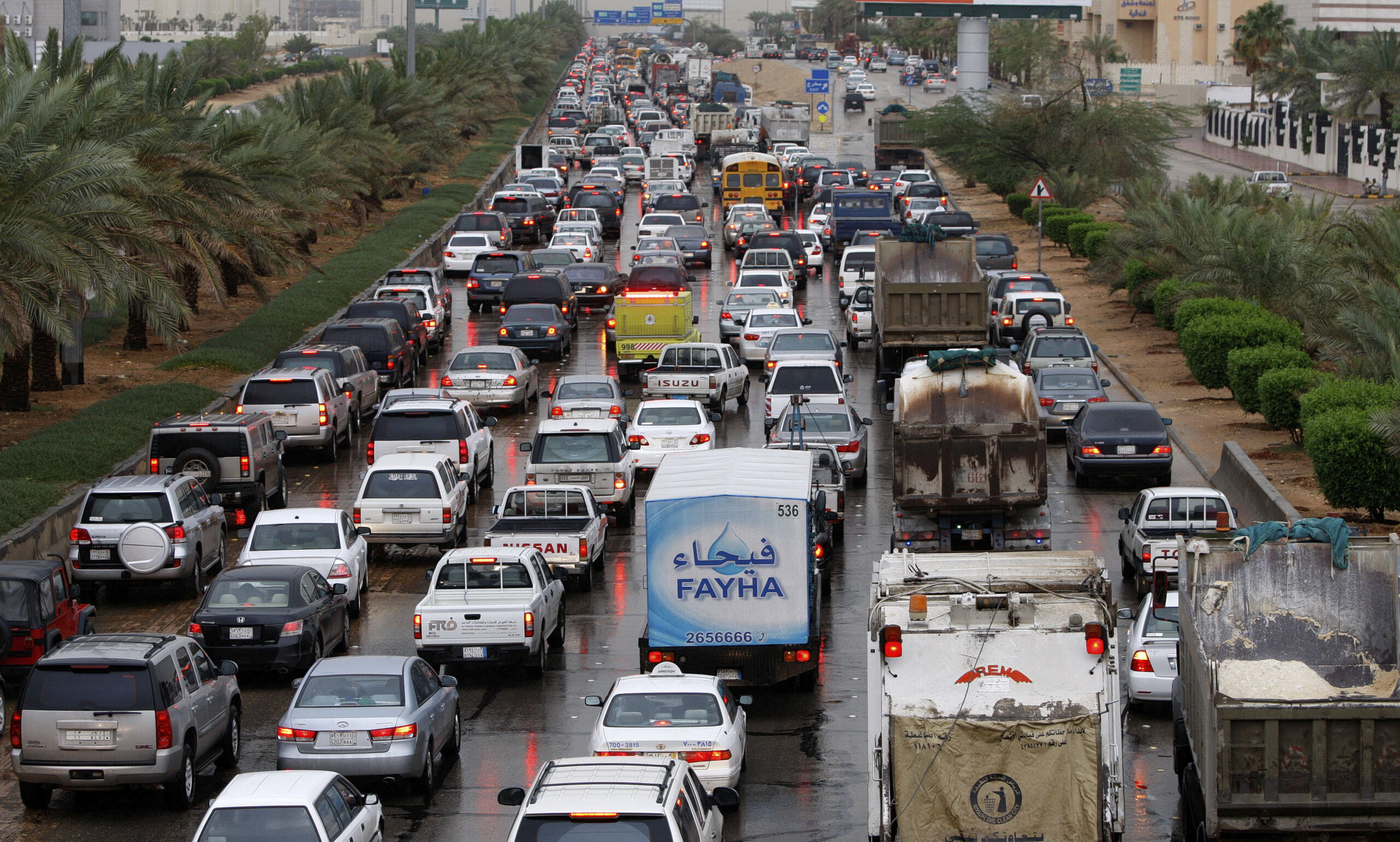
Saudi-Moroccan Political Tensions Challenge Quiet Economic Ties
A series of political disputes is testing bilateral relations between Saudi Arabia and Morocco, but growing economic engagement between the two monarchies offers an incentive for both sides to prevent simmering tensions from boiling over into commercial spheres.
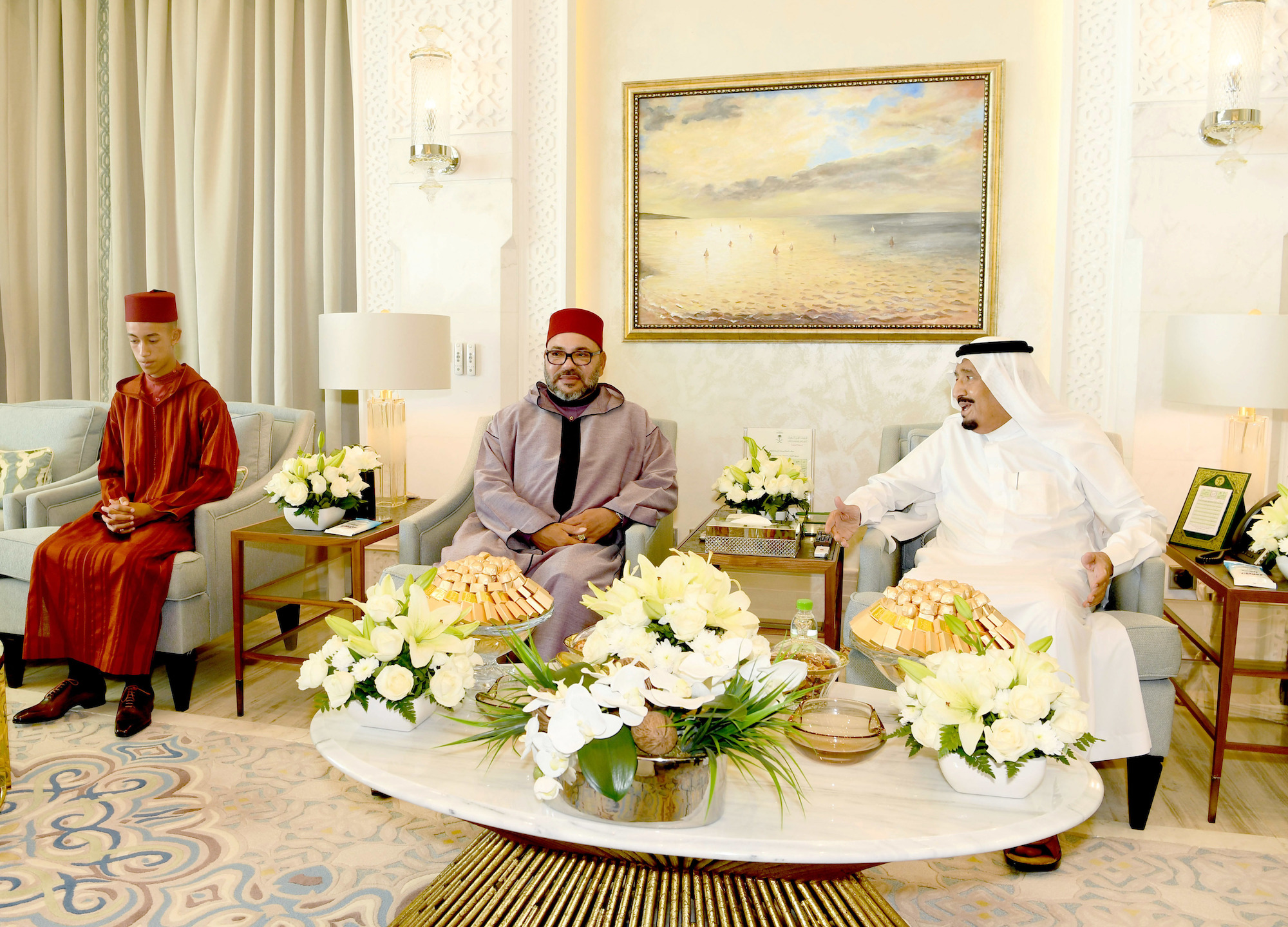
Saudi-Indian Economic Partnership Charting New Course
The economic relationship between Saudi Arabia and India should be a fruitful one. However, domestic policy decisions and geopolitical tensions pose new – but ultimately surmountable – obstacles.
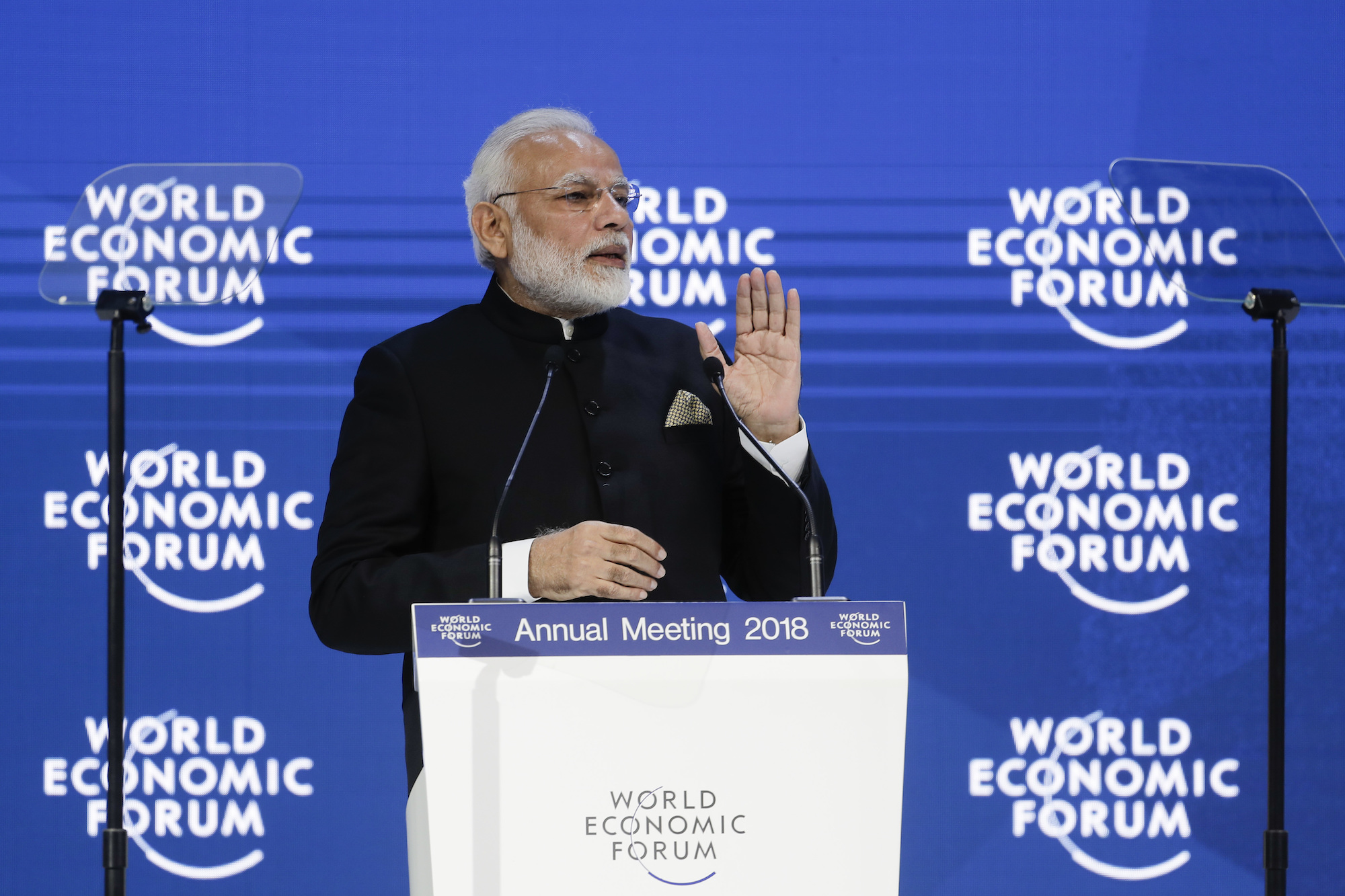
Growing Saudi-Egyptian Ties Face Challenges of Economic Reforms
Saudi Crown Prince Mohammed bin Salman’s November trip to Egypt highlighted the important regional alliance between Riyadh and Cairo, but collaboration over megaprojects may strain Riyadh’s fiscal capacity.
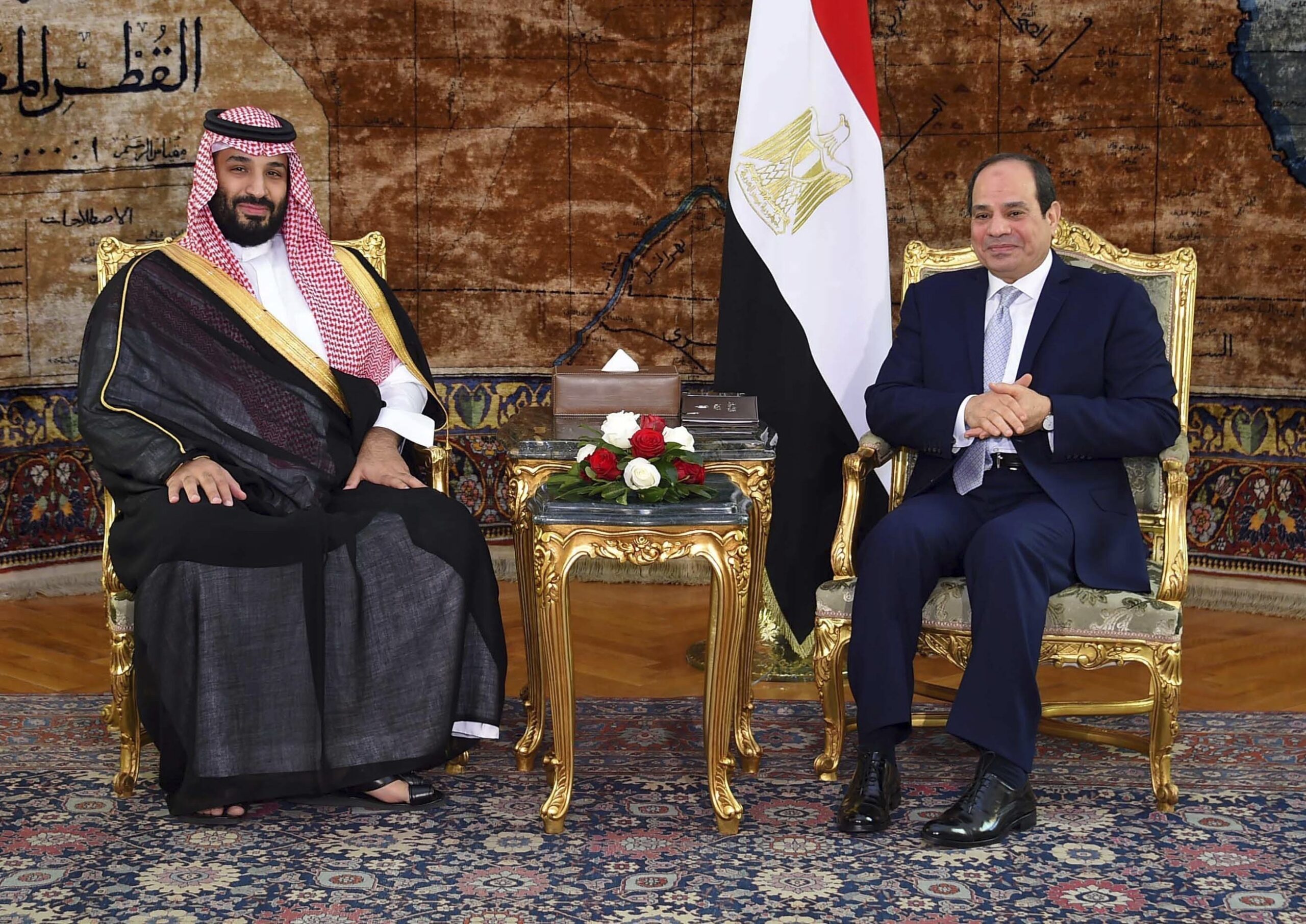
Khashoggi Death Looms over Saudi Economic Reform Agenda
While pursuing long-term economic reform and diversification, Saudi Arabia needs to show that the kingdom is an attractive, business-friendly place; yet recent moves have worried investors over the business environment, and raised some concerns over the impact on oil policy.
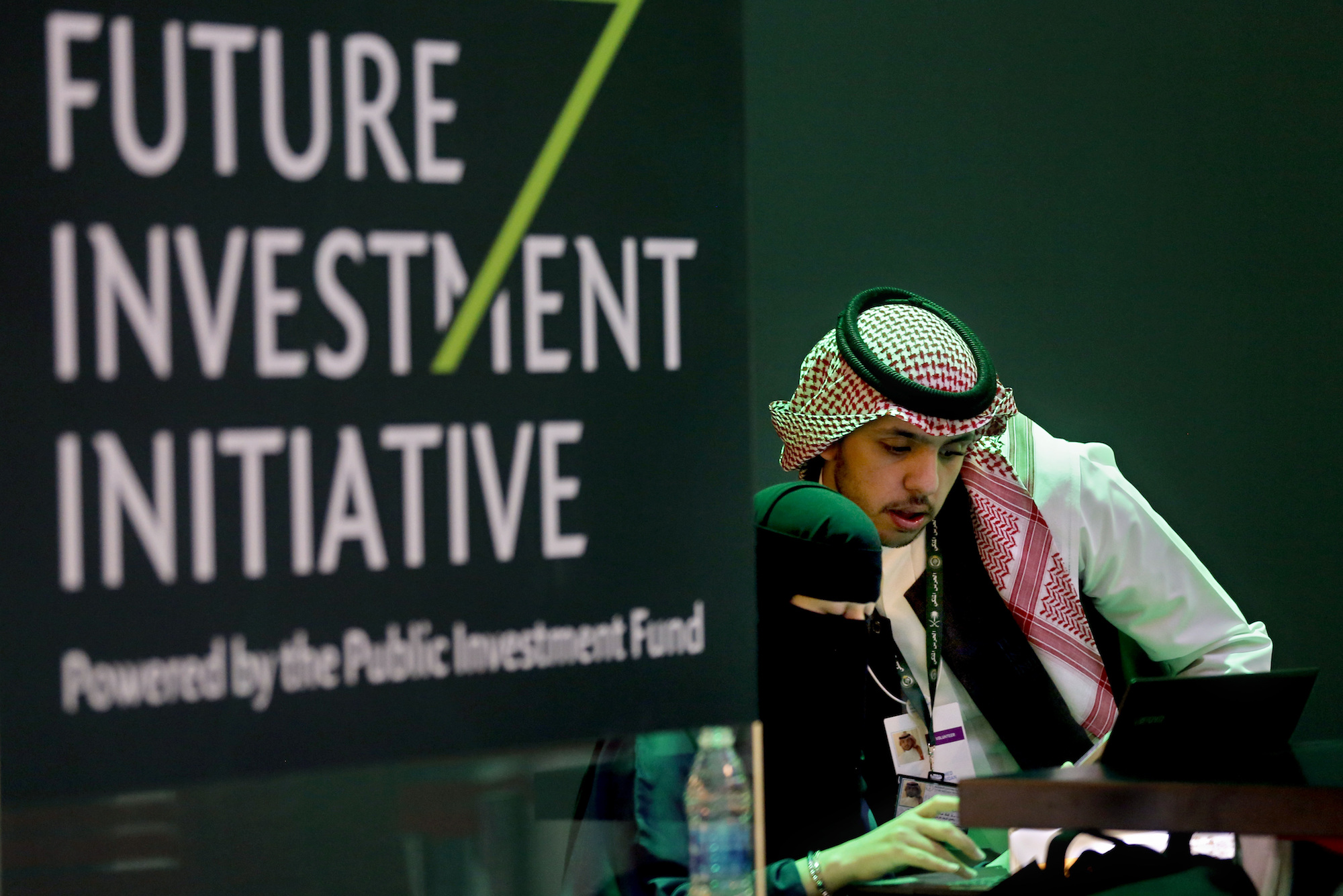
Saudi Arabia Shelves SoftBank Solar Effort, Reflecting Challenges with Megaprojects
Saudi Arabia’s decision to delay a $200 billion solar power project with Japan’s SoftBank casts doubt on the future of the kingdom’s solar energy initiative.
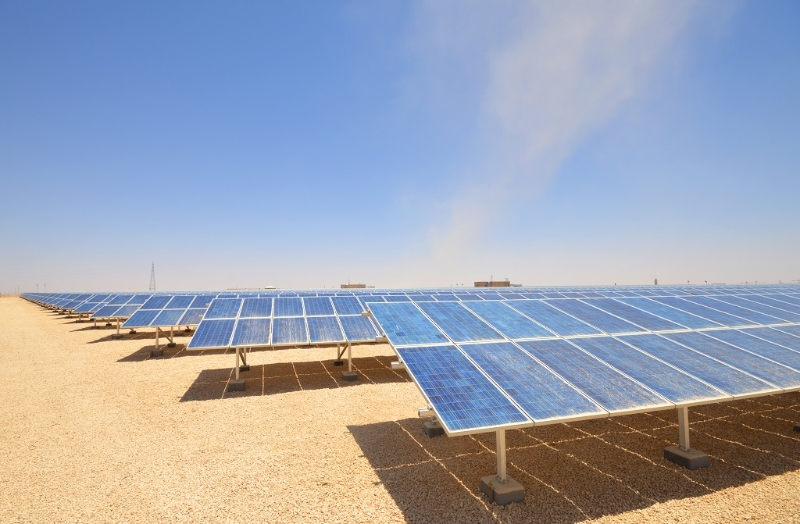
Saudi Arabia Sets Goals for Football On and Off the Pitch
New Saudi leadership has high hopes for economic and political payoffs tied to a heightened priority on football.
10 min read
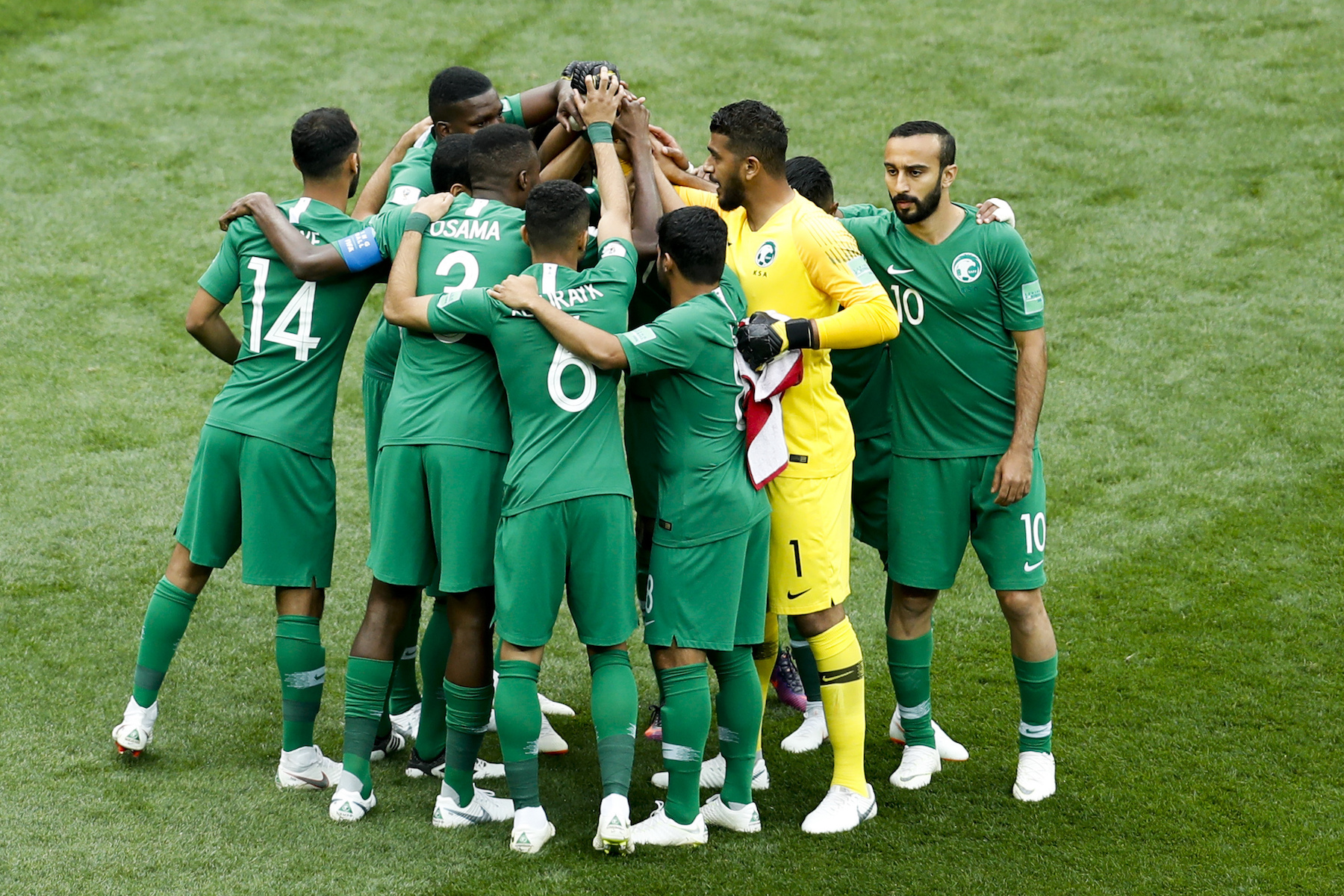
A Home of One’s Own: Subsidized Housing as a Key Lever of Gulf Domestic Policy
Abu Dhabi Crown Prince Mohamed bin Zayed announced a new social support program for citizens in the emirate to double the number of the government's annual subsidized housing loans.
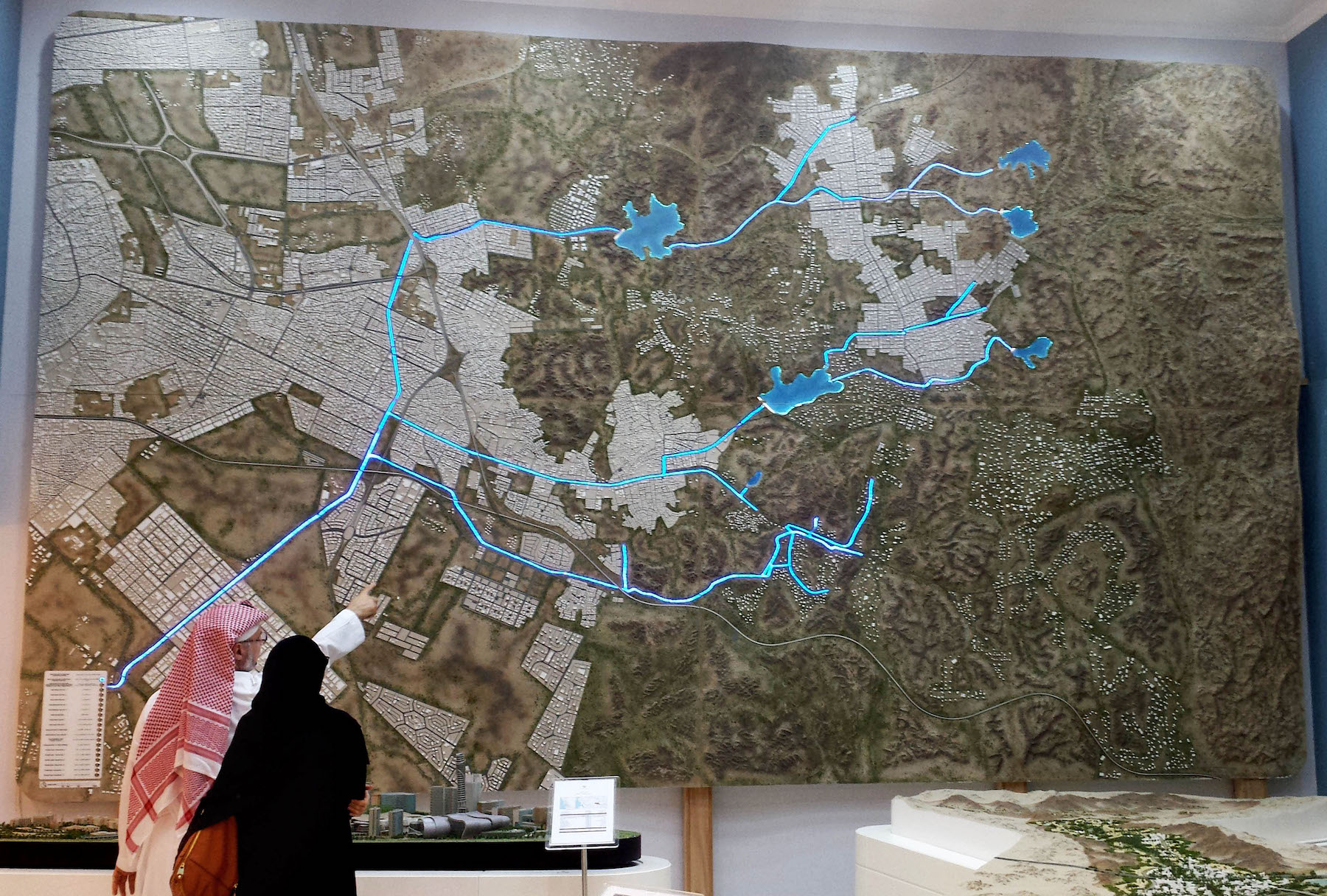
Saudi Arabia’s Neom: State-Led Growth Meets New Global Capitalism
Mohammed bin Salman envisions a new kind of Saudi Arabia, or at least the opening of a space complete with yoga studios, beach resorts, and robots in place of migrant laborers. This is the image of Neom.
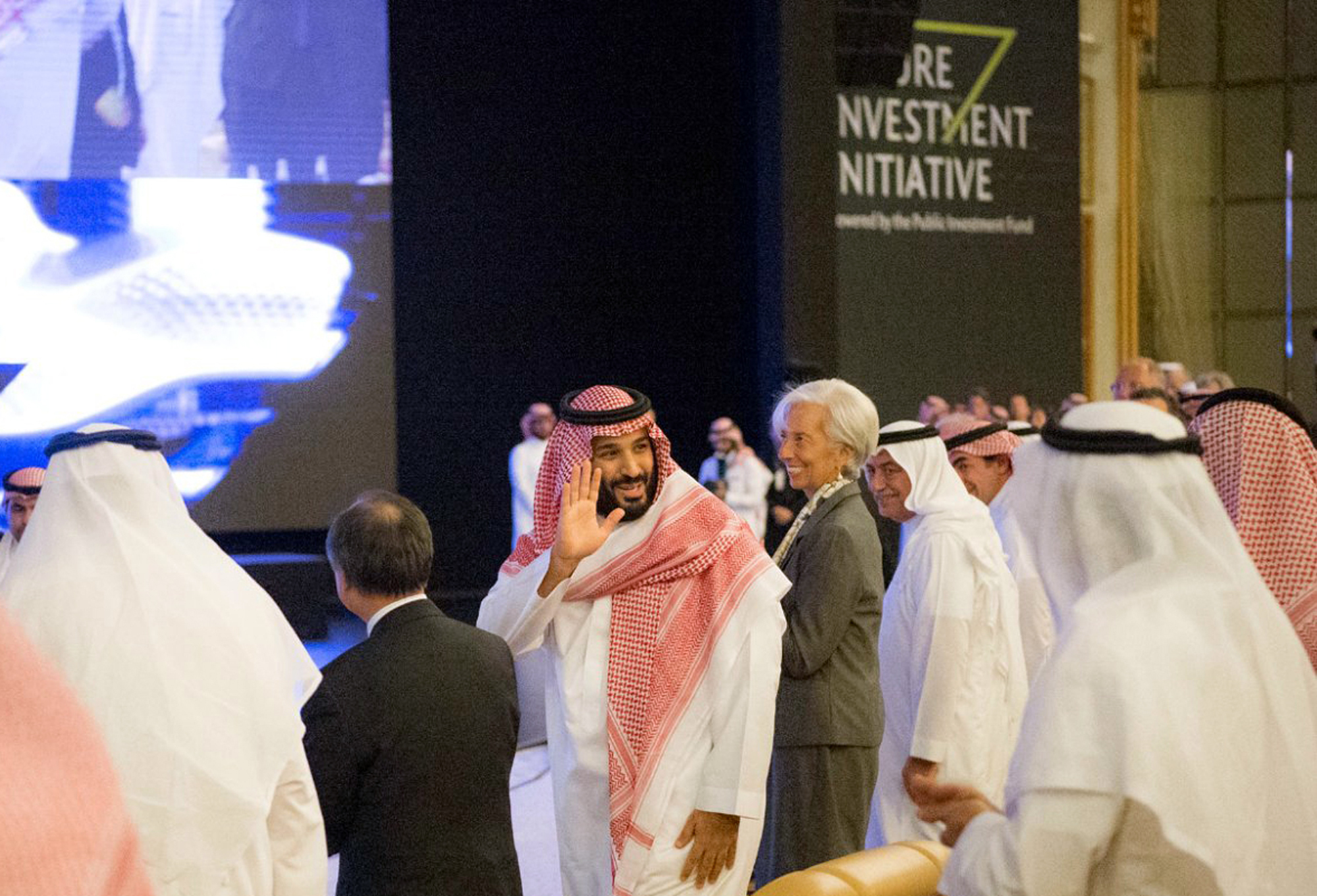
Sep 14, 2017
The Coming Economic Disorder: The Political Perils of Economic Liberalization in the Gulf
Economic liberalization tends to bring with it social, if not always political, openings. By definition, liberalization challenges existing orders.
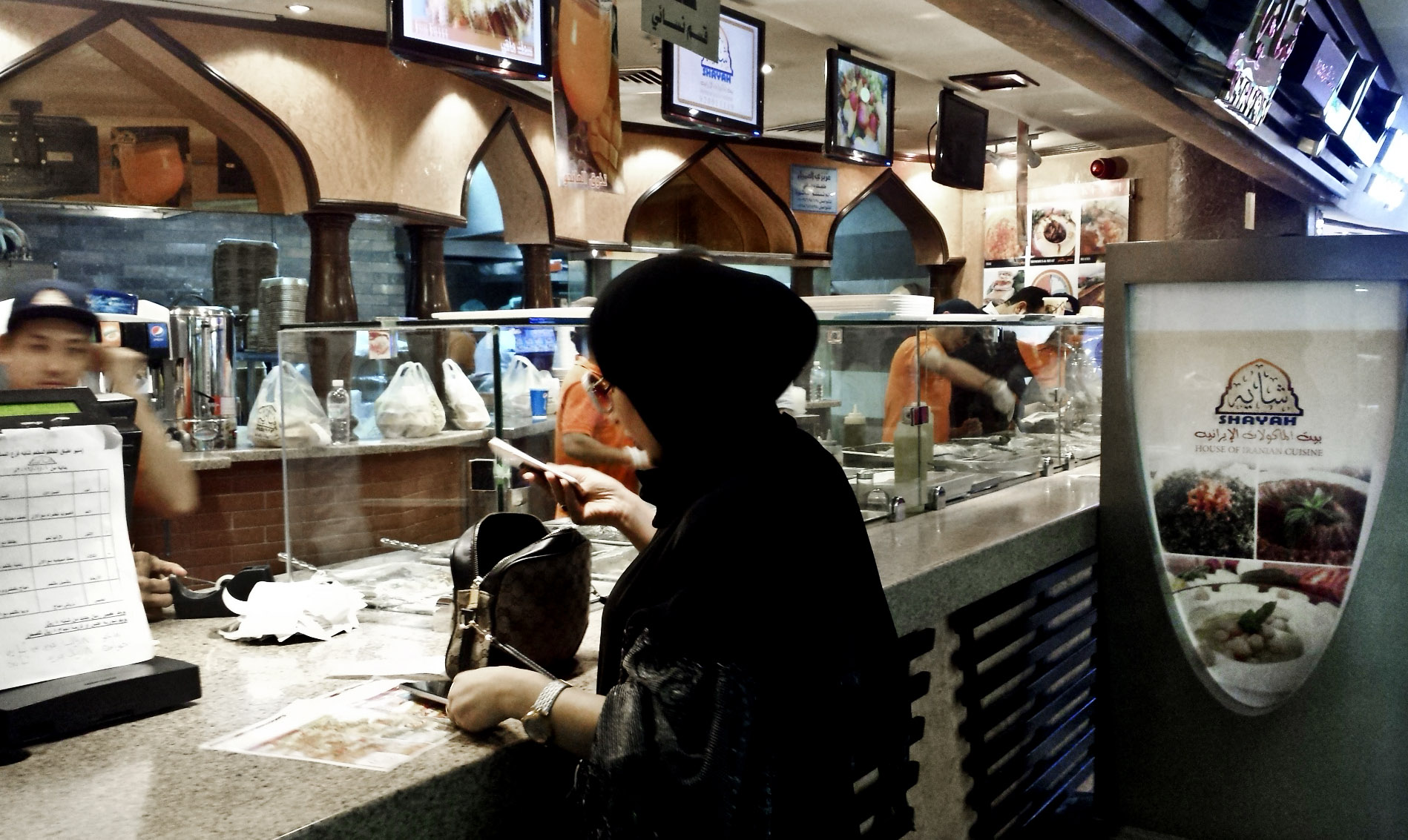
As Reform Agenda Waffles, Citizens Take Life to the Streets
This post is part of an AGSIW series on Saudi Vision 2030, a sweeping set of programs and reforms adopted by the Saudi government to be implemented by 2030. Saudi Arabia’s recent reversal of the September 2016 reduction in public sector salaries and benefits is a troubling sign. It could be a signal to bond...

Apr 27, 2017
A Saudi Course Correction
On April 25 the Saudi government reached the one-year mark since the launch of its ambitious program of governmental reform, Saudi Vision 2030.
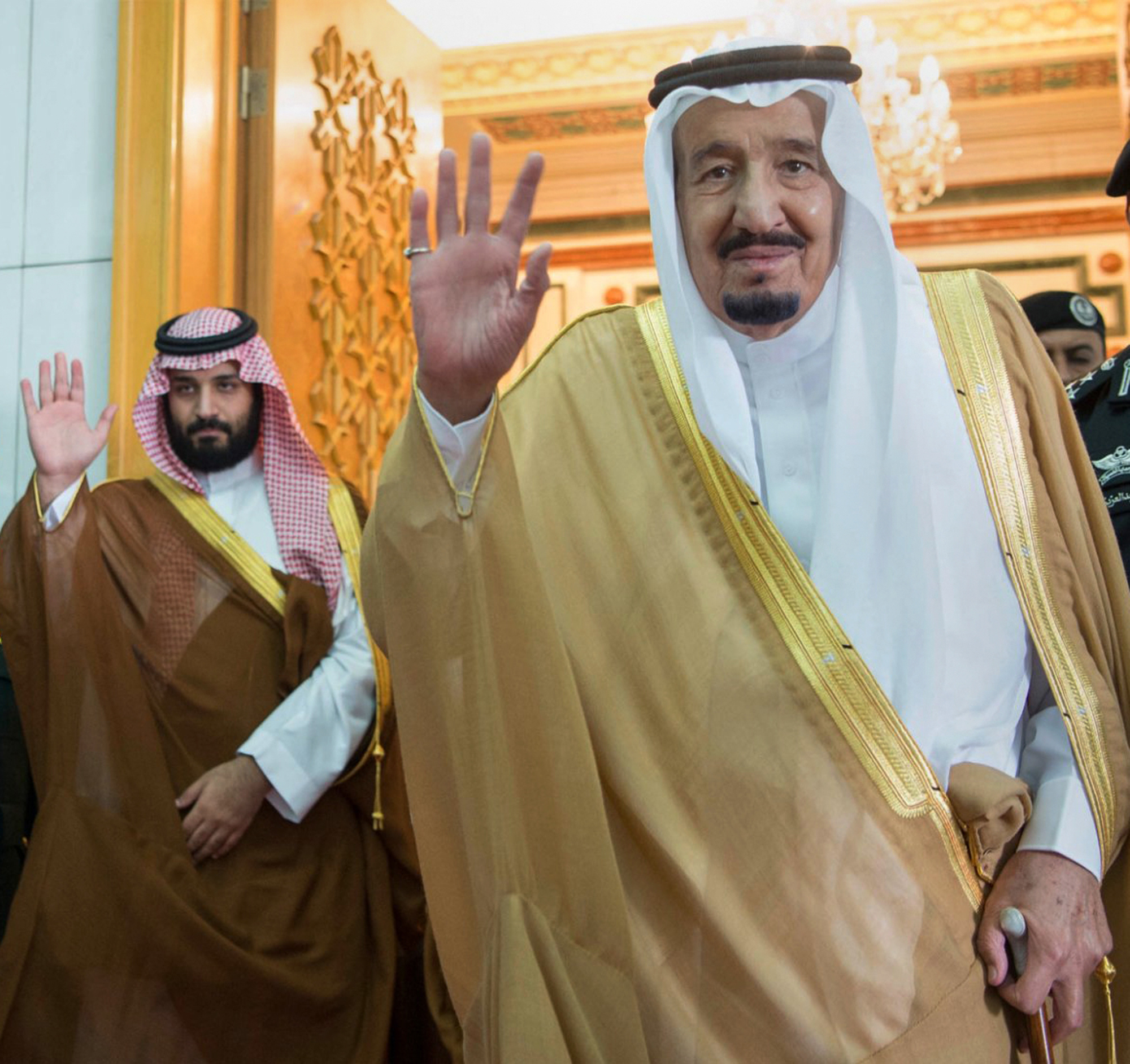
Saudi Students Welcome Vision 2030
This post is part of an AGSIW series on Saudi Vision 2030, a sweeping set of programs and reforms adopted by the Saudi government to be implemented by 2030.
